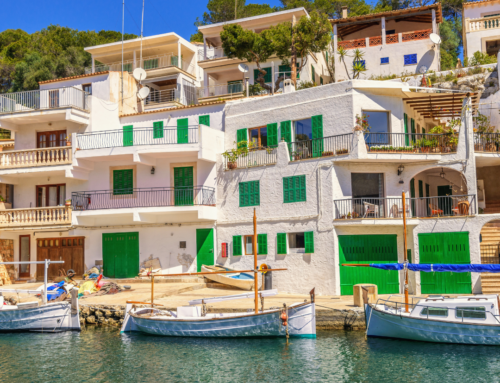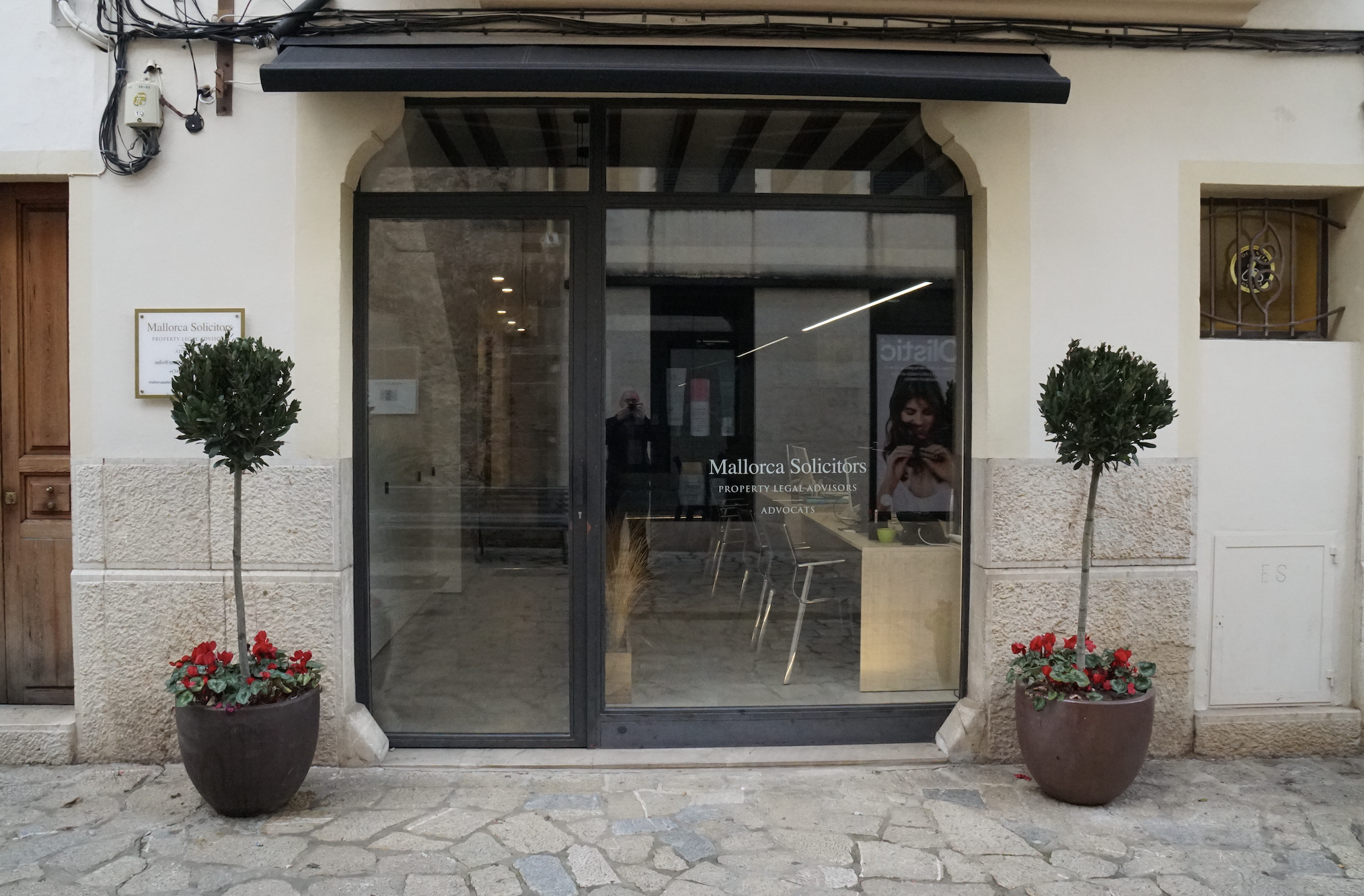
Crowdfunding applied to real estate market, what the law says?
After the real estate crisis, the outlook for the real estate market has changed considerably, and one of the changes that has emerged in this new economic reality has been the opening of real estate investment to the general public with independence of their economic capacity.
Acting under the funding system known as crowdfunding or collaborative economy, the technology for contacting investors is used. Through an intermediary online platform, people interested finance real estate projects and receive a return for their rent, the proportional benefit when sale, or both.
Platform managers select and propose investment in a number of real estate assets that are acquired by investors who wish to participate, through the establishment of a limited partnership created for this purpose. Then the properties are renovated to be put on rent and then sell them in the period in which revaluation be higher. Unitholders receive their proportionate share of income by way of dividends and their fair share of the capital gain when the property is sold.

Legally, this activity relies on the very recent Law 5/2015 of Corporate Finance of April 2015, which in title V regulates the activity of participatory platforms funding. It´s a law that regulates the crowdfunding with financial component (the investors expects to receive remuneration for their participation) falls outside the scope of this standard crowdfunding instrumented through purchases, donations or loans without interest.
This is a law that:
- Regulates platforms are active in the country.
- Establish a reservation of activity in favor of platforms that accomplish the requirements of incorporation and exercise of activity established by law.
- Projects that can be participatory funding may only be busines, training or consumption type projects.
- Forbids the exercise reserved for investment services firms or credit institutions activities.
- They need prior authorization to exercise their activity having to accomplish to obtain and hold it a number of requirements.
- They must comply standards of conduct
Among many other things, this legislation provides that participants in such initiatives will be divided, according to their profile solvency between accredited and non-accredited. For the first there isn’t investment limit, but for the second (most individuals) is established a limit of 3,000 euros per project and 10,000 euros per year and per platform. Regarding the projects that can be financed, the limit is two million euros for unqualified investors, an amount that is elevated to five when they finance only qualified investors.
In Ripoll & Mateu Solicitors Mallorca we work to get total satisfaction of our customers effectively by offering legal services and personalized assistance. Foreign investment area offers legal assistance with regard to funds from other countries for investments in real estate and commercial Islands. Our team has extensive international experience, we also have cooperation agreements with international firms and are members of the AIPP (Association of International Property Professionals).












